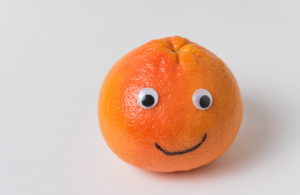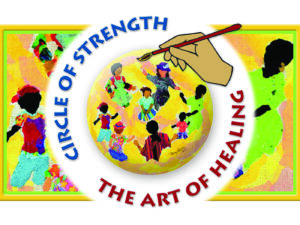December 9, 2021
When we are in a happy mood it can often be seen and felt by those immediately around us or engaging with us. It could look like a combination of the following things: smiles (may be hard to tell wearing a mask these days), a more chipper tone of voice, energetic, or kind words. Often, when we are in the presence of someone who is happy, bubbly, excited, and energetic, it is hard not to “feel it” and eventually pass it along. However, it is important to know that the opposite is also very possible – you had a bad interaction with someone at a checkout line, then you become aggressive and honk when driving, and that person starts yelling at their children, etc. Therefore, I invite you to explore how you are engaging with others during your daily interactions and how they respond.

Positive Psychology tells us that we struggle with finding happiness because when we set our sights on one goal, we are already setting multiple more. Therefore, we never “celebrate” a goal and allow ourselves to “feel happy” because we think the next goal will truly make us feel happy. Country Music Artist Lauren Alaina sings it best in her song “Getting Good” when she sings this exact idea: “Once I fall in love, then I’ll be happy. But then you fall in love and there’s still a hole. Once I get some money, it’ll all be easy. But then you get that money, you still feel broke.” And, so her song goes, providing examples of Positive Psychology. Proving that we as humans often put success, titles, money, assets, and other tangible items BEFORE happiness.
There are many ways to “rewire our brains and turn happiness into an everlasting behavior,” (Shawn Achor, author of Happiness Advantage). But before we start, we must remember that creating a habit doesn’t happen overnight, it takes 21 – 30 days of consistency for your brain to make that conscious choice and switch. We most often see this at the beginning of every new year when people jump on the “band wagon” of getting in shape and working out. However, by February many people have dropped off because they didn’t make it a habit.
Lastly, it is important to remember that everyone is different, and therefore, our internal meaning and definitions of what “makes us happy” won’t look the same from person to person. It is a reminder that it is important to not judge what happiness looks like for someone else, and instead, focus on yourself!
** For more information on Positive Psychology read this article **
– Marchelle Carl, MA





